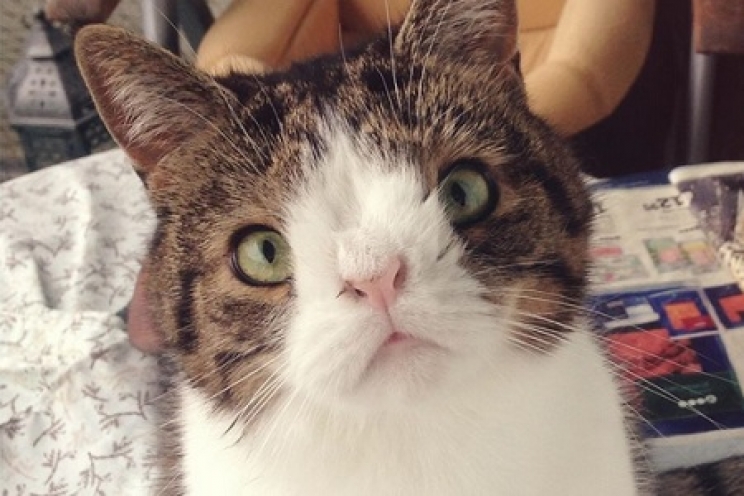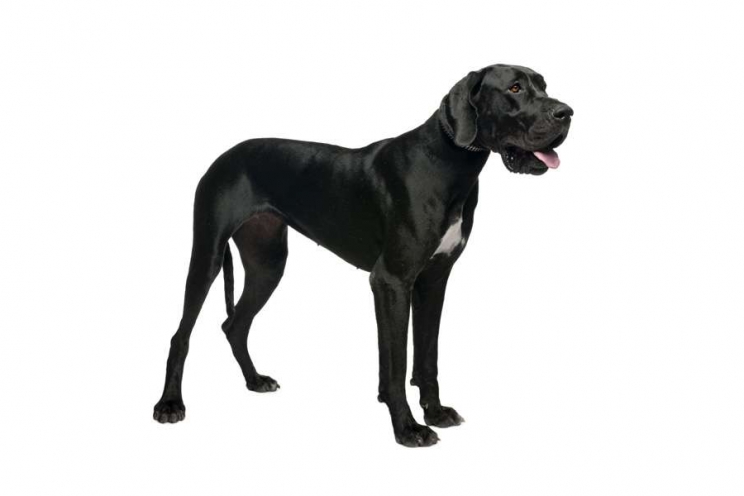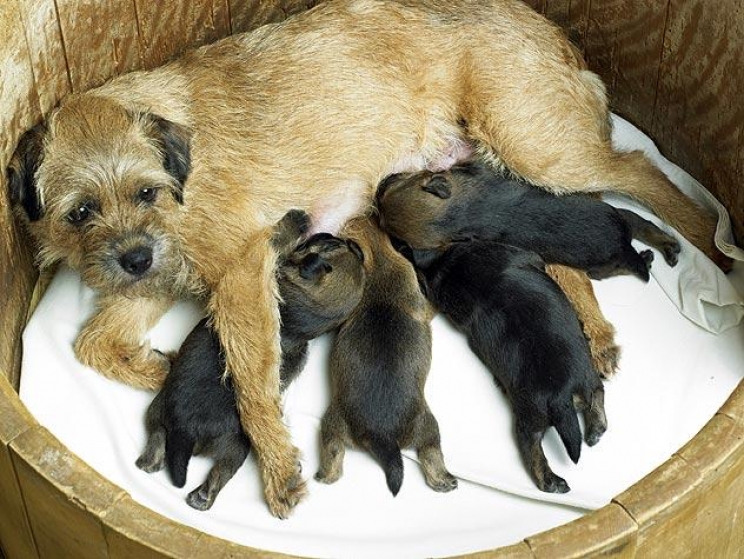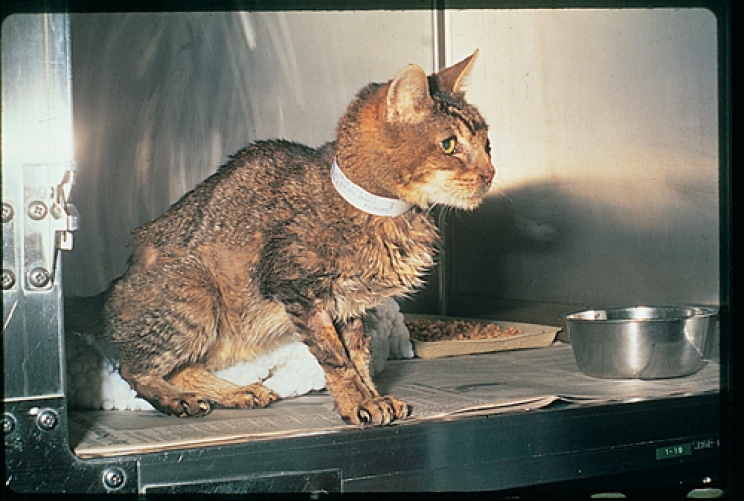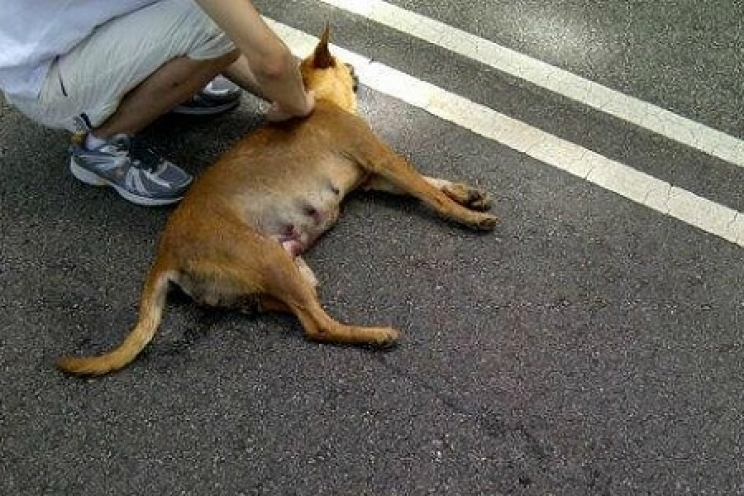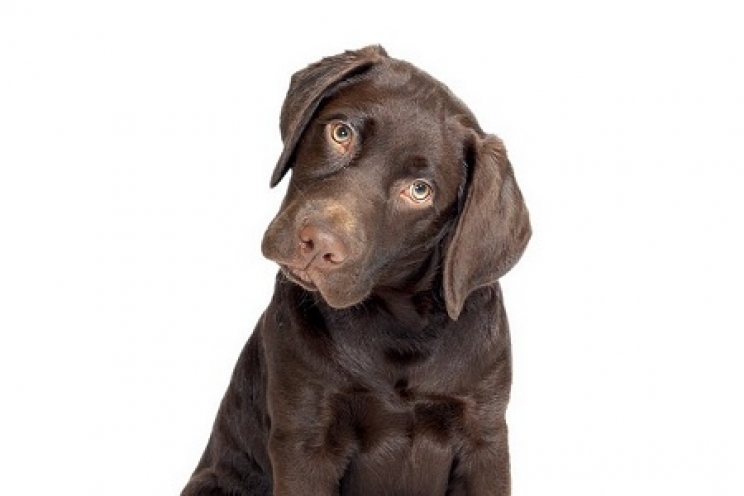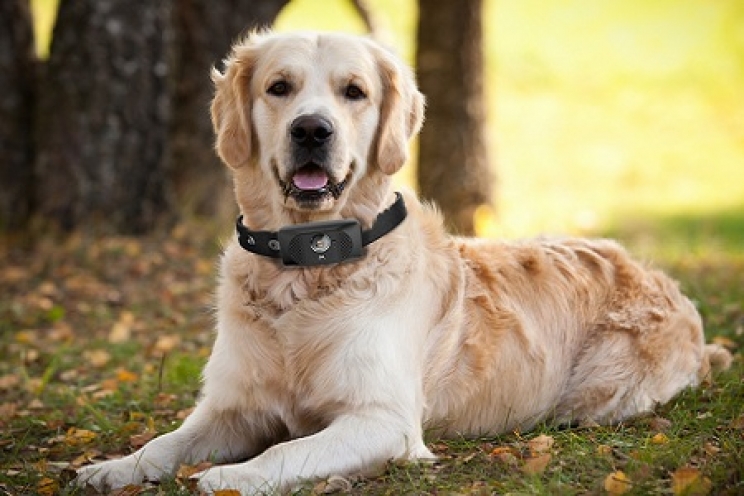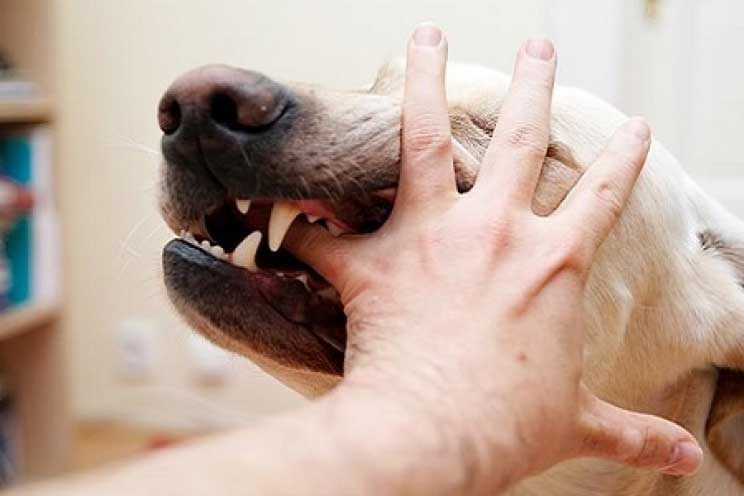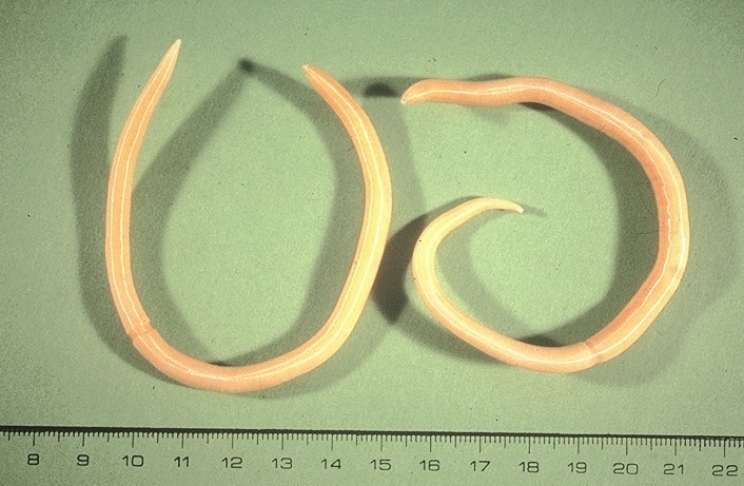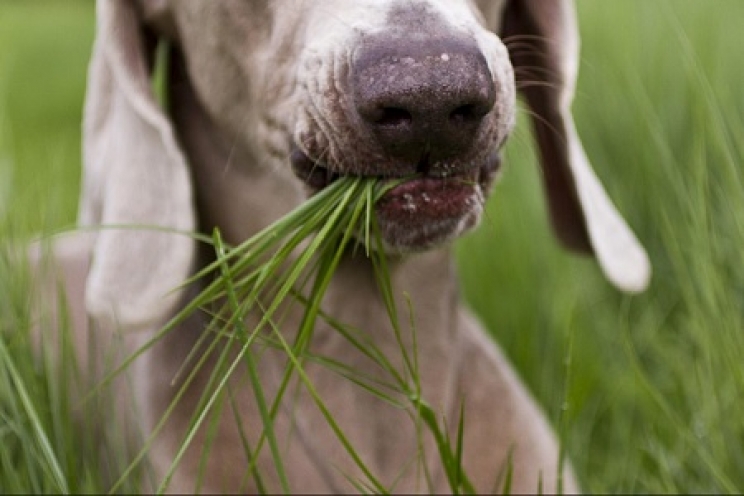All dogs love to spend a lot of time surrounded by gardens and grass, running and exploring meadows and countryside. However, what the owners often notice is that our dog pauses several times to detach and chew some blades of grass, especially the tallest and greener one. But what is the reason for this behaviour?
Dogs, as we all know, belong to the category of carnivores. This means that their nature should push them to seek only foods of animal origin. In reality, unlike the cat, the dog has also adapted to the consumption of foods typical of human nutrition. In fact, always living in contact with the owner, over the centuries, has developed the ability to digest even cereals and vegetables, usually without particular problems. Despite this, it cannot equally be defined omnivore, like us, but still a carnivore. The cat on the other hand has a much stricter meat based diet
Why are they so attracted to grass then?
First, we need to consider the normal behaviour that animals have in nature. If we think about it, it is not so strange that dogs are able to ingest grass. The predators, in fact, mainly feed on herbivorous prey, such as goats, sheep or rabbits. And what do these animals eat? Grass, which inevitably ends up in the stomach. At this point, therefore, it is easy to think that the predator also ingests some parts of the digestive system of the prey, which normally still contains a certain amount of grass.
Therefore, if our dog seems particularly attracted to grass, it does not mean that he has suddenly become a salad lover, quite the contrary. Probably some dogs will find it pleasant, but according to veterinarians and nutritionists, the explanation for this behaviour is found above all in the health of his stomach and intestines.
Amongst the reasons that push dogs to eat grass we find:
-
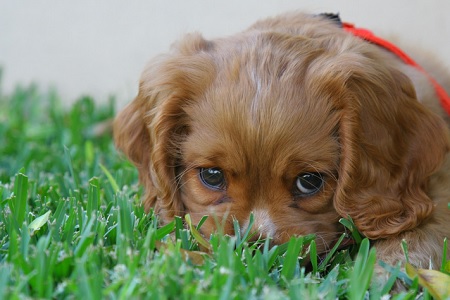 Nutritional deficiencies: the grass is rich in vitamins, mineral salts and other important nutritional sources. A dog that eats little or badly will need to obtain these substances it needs in an alternative way, for example by eating grass. In particular, the herb is rich in Omega-3 fatty acids, essential for the health of the whole organism;
Nutritional deficiencies: the grass is rich in vitamins, mineral salts and other important nutritional sources. A dog that eats little or badly will need to obtain these substances it needs in an alternative way, for example by eating grass. In particular, the herb is rich in Omega-3 fatty acids, essential for the health of the whole organism; -
Personal tastes: some dogs find fresh grass really irresistible, so every time they get the chance, they will try in every way to ingest a lot of it;
-
Food intolerances and allergies: animals that suffer from food intolerances and allergies can often also suffer from stomach and intestinal disorders, as well as nutritional deficiencies;
-
Stress: when dogs are particularly agitated or stressed, they can chew grass to relax, just like we would do if we pounce on a bar of chocolate. The act of chewing itself, in fact, helps all of us to lower the level of tension, releasing the soothing substances, the endorphins;
-
Use it as a game: if the owner continues to scold him or chase him every time he sees its intent on munching on the grass, the most spiteful dog could react by reinforcing this attitude. This is especially the case of the most neglected dogs or those most eager for attention;
-
Gastrointestinal disorders: this is one of the most accredited theories. According to most veterinarians, in fact, dogs would eat grass especially when they experience nausea and digestive difficulties. For example, it may happen that our dog has made a mess with meals and snacks collected from our table, and feels the need to "free himself" as soon as possible due to the large quantity of food ingested. In these cases, he will resort to the herb, detaching it in order to obtain quite long strands, and throwing them down without chewing. This mechanism will cause the stem to tickle the throat and stomach and intestine walls, stimulating the gag reflex.
What should I do?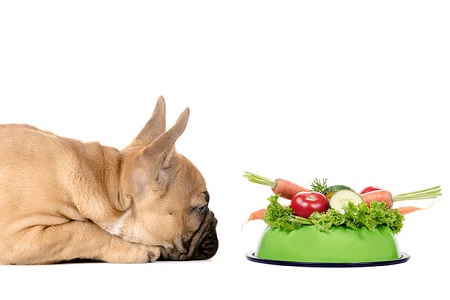
If the dog tends to eat a few well-chewed blades of grass once in a while, there is absolutely no need to worry. He probably just needs to add an alternative flavor to his daily diet, or maybe he feels the need to supplement some nutrients.
The situation is very different when the dog gulps down grass non-stop, throwing up all the time, or eating it in disproportionate quantities. In these cases, it is advisable to contact our veterinarian, who will be able to assess the general health of the animal, possibly resorting to therapies or diet changes.
The main advice is to try to integrate vegetables to our dog's daily diet. If we only feed him dry food, he may probably need to get more water.
Let's offer him fruits and vegetables, choosing the ones he likes best and avoiding those included among the foods that are dangerous for dogs.

